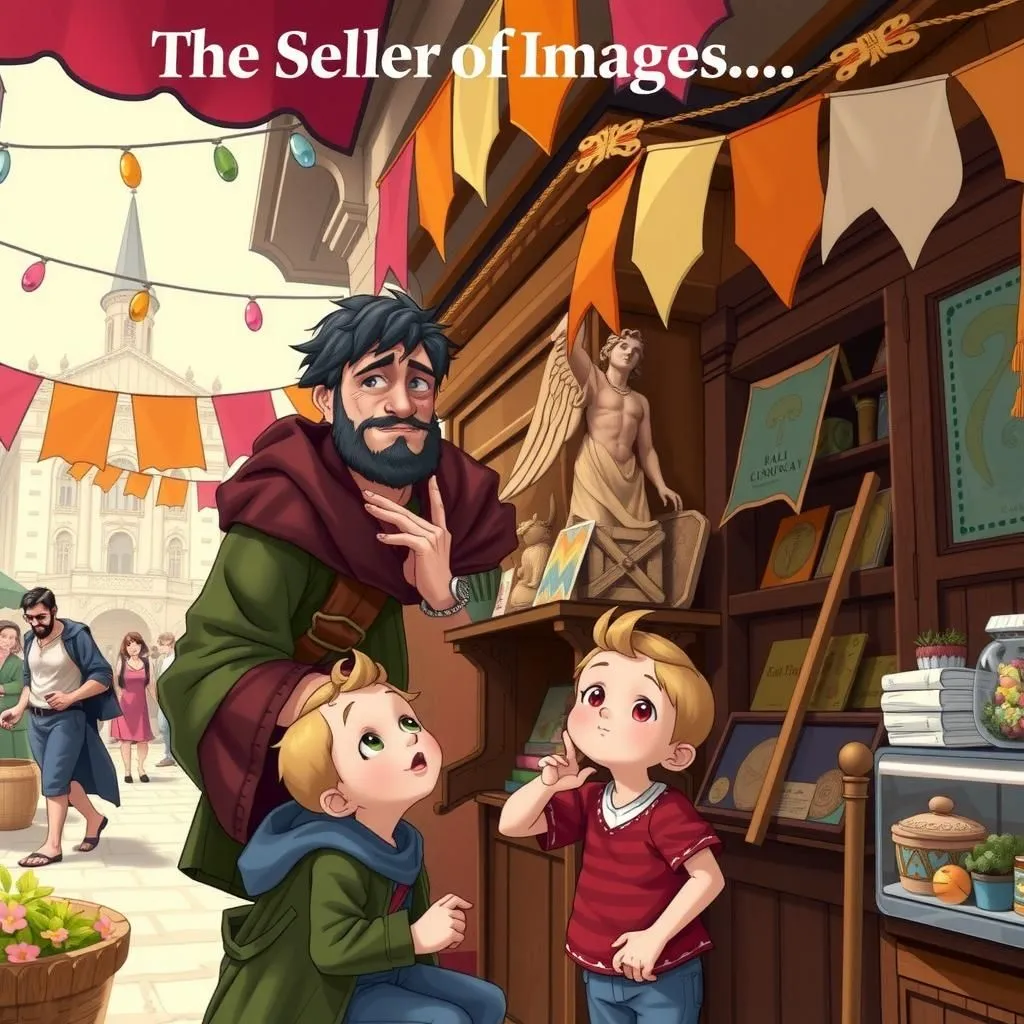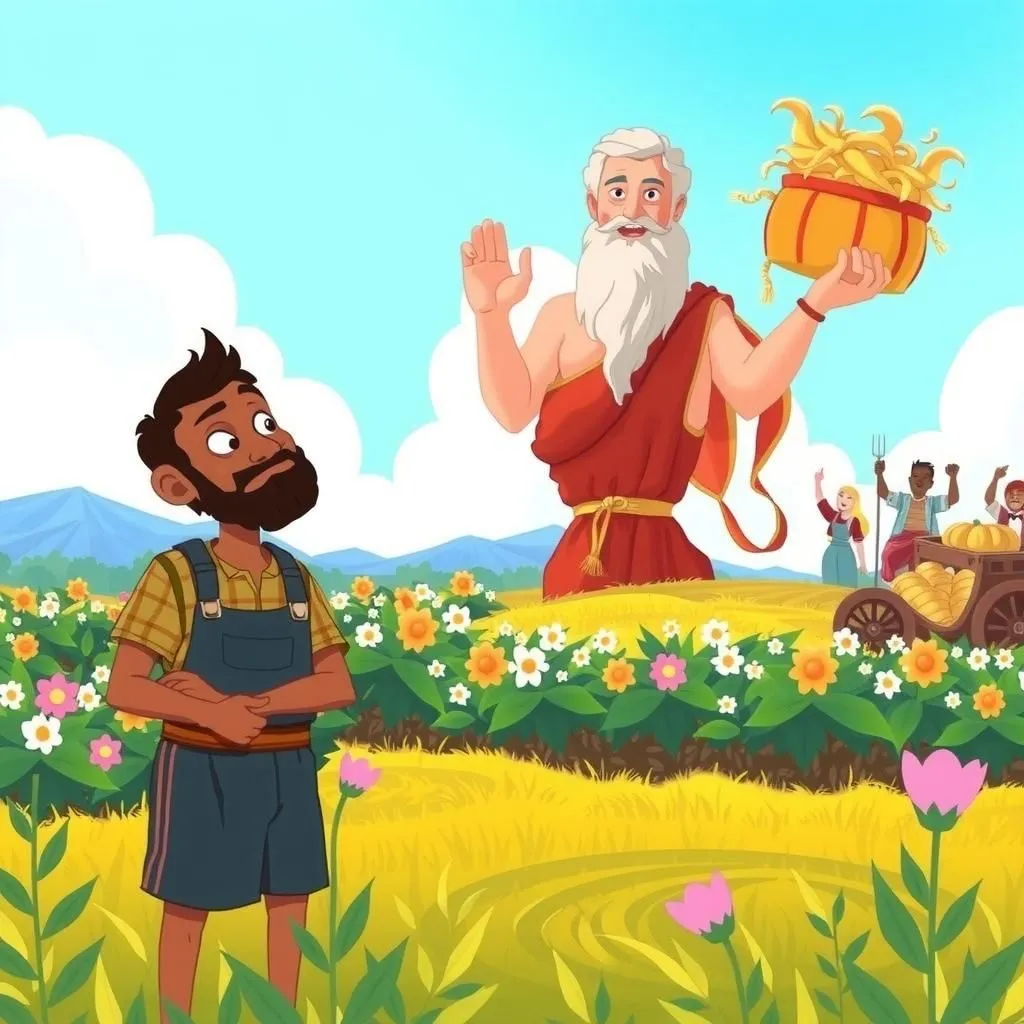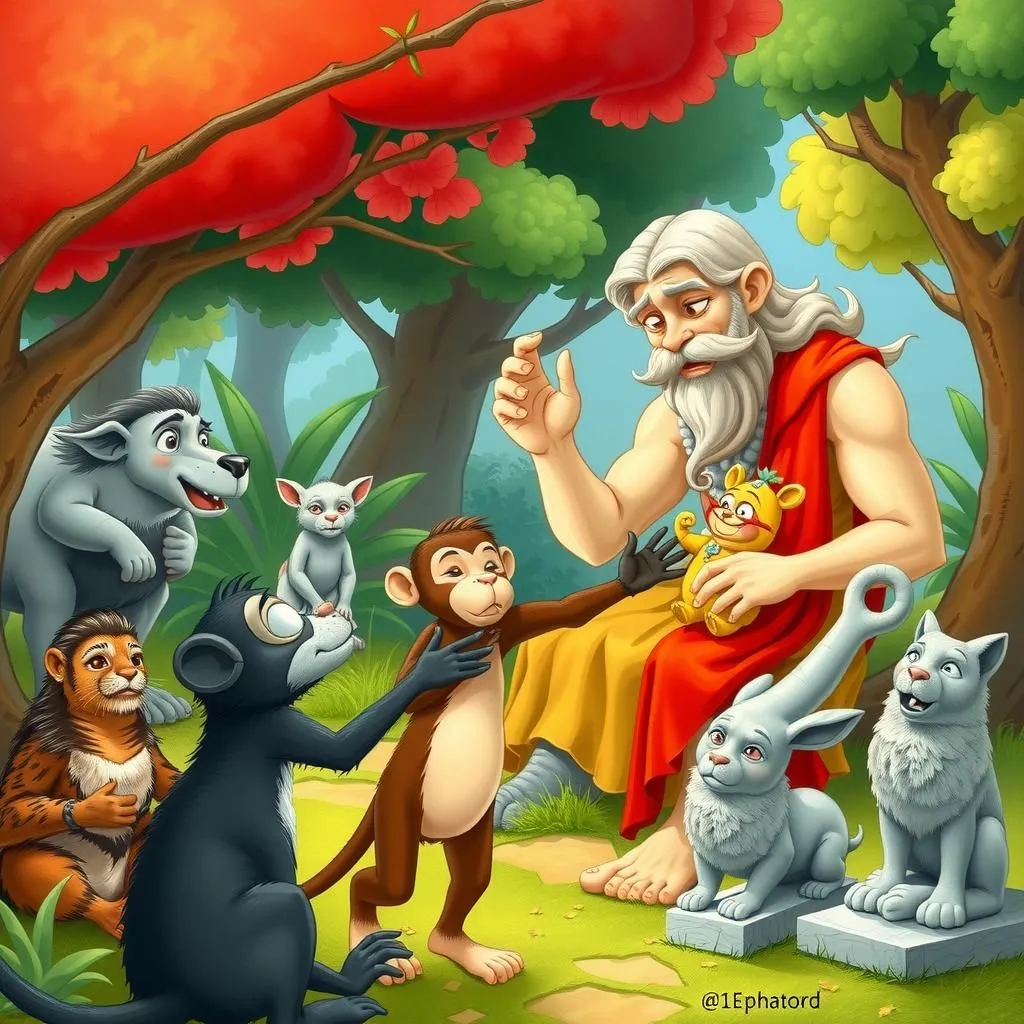
The Seller of Images
In this culturally significant moral story, a man attempts to sell a wooden statue of Mercury, claiming it can bestow wealth and riches. When questioned about why he is selling such a valuable figure instead of enjoying its gifts himself, he explains that he needs immediate assistance, as the statue's blessings come slowly. This heartwarming tale highlights the theme of valuing immediate needs over long-term benefits, making it one of the best moral stories.


